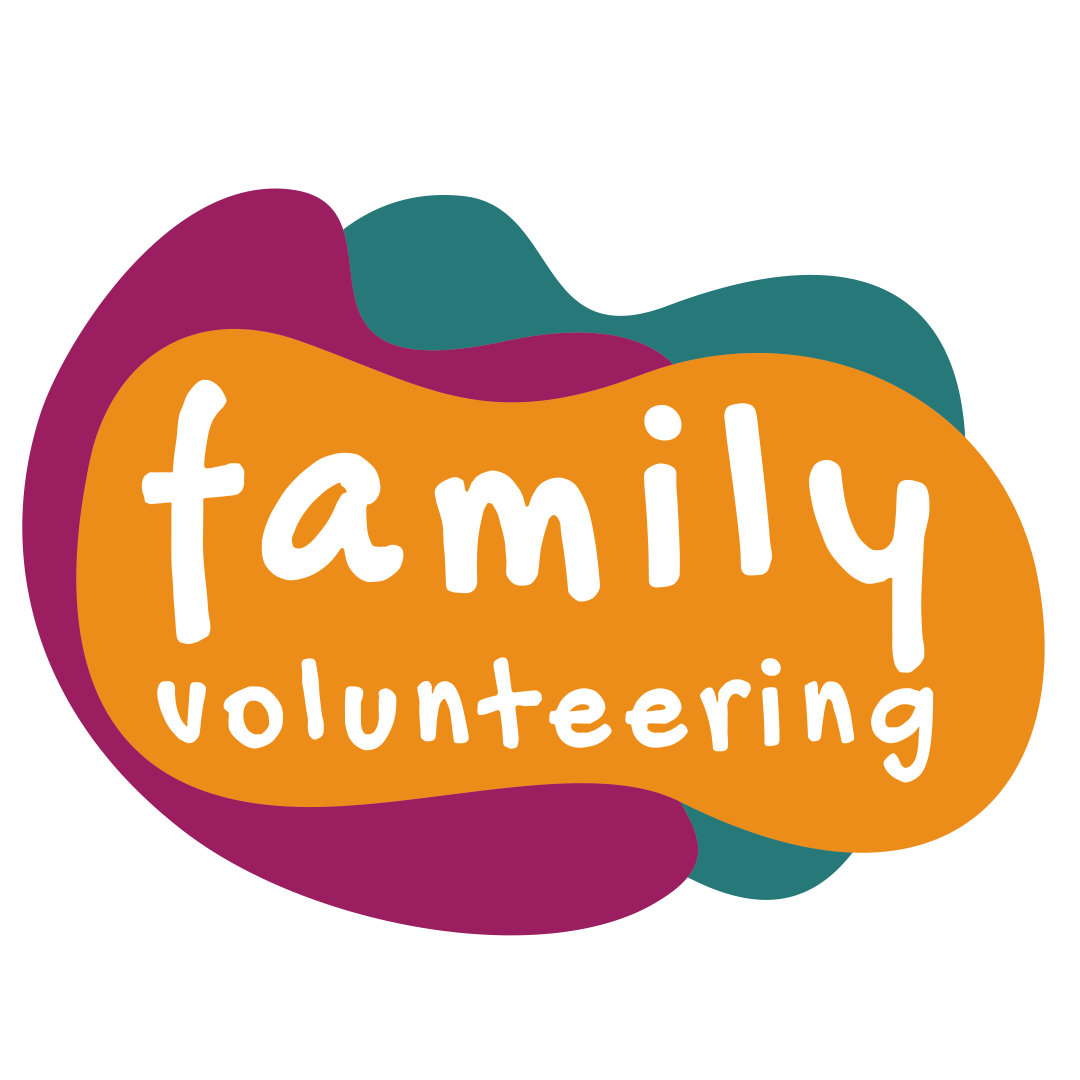From December 2019 to May 2022, Volunteer Ireland were involved in an Erasmus+ project, the aim of which was to further explore and promote the idea of Family Volunteering.
We partnered with: Pro Vobis (Romania), Hrvatski centar za razvoj volonterstva (Croatia), Freiwilligen-Zentrum Augsburg (Germany), Vestre Aker Frivilligsentral (Norway) and the Centre for European Volunteering (Belgium).

Family Volunteering is a type of volunteering that involves more than one person from a household or extended family, volunteering together or alongside each other. Here, 'Family' is considered in its broadest, most inclusive sense.
The aim of the project was to assist organisations in deciding how to begin a Family Volunteering programme whilst also providing the tools required to do so.
There are many ways to develop a Family Volunteering programme and many different levels of guidance required to do so. We provide support to help you overcome barriers or doubts, by demonstrating how to make it easier for you and your volunteers.


A Family Volunteering programme can bring many benefits for your organisation. You will have the ability to reach multiple generations with your mission and build a larger base of support. You will also engage people who might not otherwise volunteer.
For your community, it helps to instil good values which in turn makes a stronger community. For the family, it offers a shared activity which helps create memories and forge bonds. It also provides families with a shared sense of accomplishment.
A number of pilot projects were carried out in all the partner countries in many different activities including befriending, volunteering with animals and environmental issues. You can see what participants said about their experiences with Family Volunteering on this video:
As a result of this project, we are pleased to present a number of resources available to all organisations that may be interested in developing or growing their Family Volunteering programme. These include:
For more information contact Stuart Garland, Project Lead (Ireland). This programme is co-funded by the Erasmus+ Programme of the European Union.
